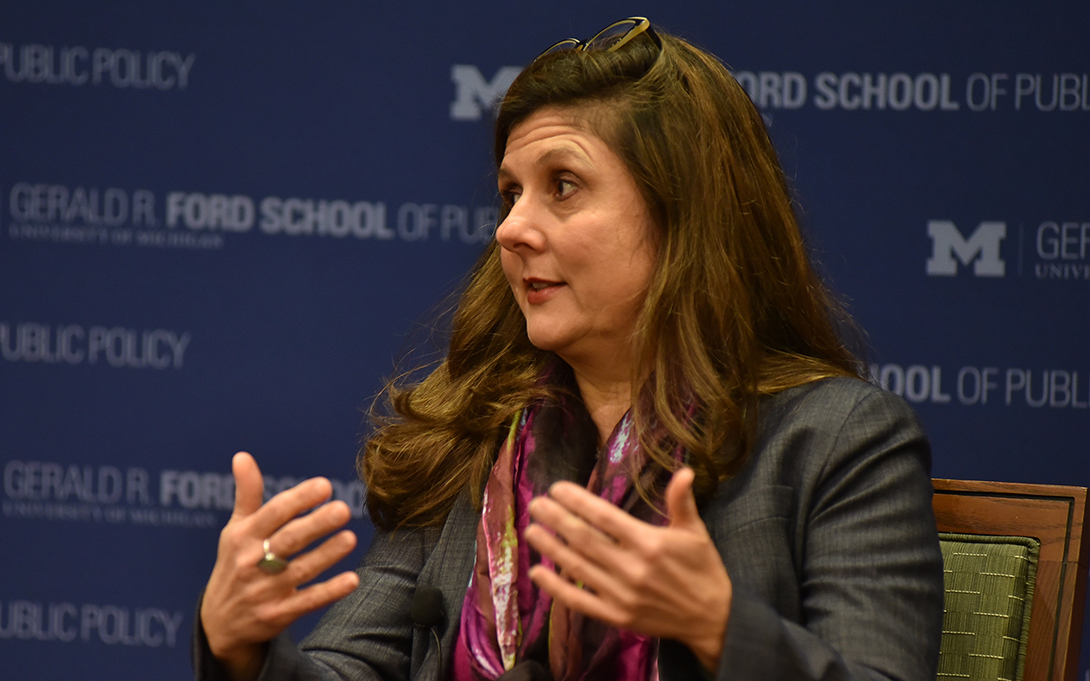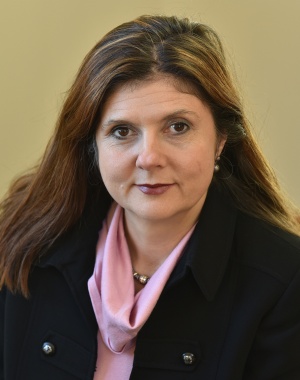
Ford School economics professor Betsey Stevenson was featured on NPR’s Marketplace, which noted that, “Summer has arrived; lots of summer jobs have not.”
This year is going to be tough on people who work in travel, tourism and restaurants, which hire a lot of seasonal workers. “What we’ll actually see is not the season not coming, but it coming in such a partial way that there’s a lot of job destruction,” she said.
That destruction will reach beyond young people to workers of all ages who may take on second jobs in the summer to earn extra cash. For a lot of businesses in coastal vacation towns, summer isn’t just the season — it’s the only season. Tour operators, bike rentals and boardwalk shops typically close for winter.
A commentary in The New York Times entitled, Why Do We Pay So Many People So Little Money? notes that thanks to the advent of the coronavirus, much of the public has become aware of its dependence on low income workers. But many low-income jobs are being replaced by automation.
Stevenson is quoted as saying that raising and expanding eligibility for the Earned-income tax credit would be an effective way to immediately raise income of poorly paid workers. The credit, a government subsidy paid through the redistribution of tax revenues, does not, in this view, create an incentive for employers to automate or off-shore since corporate wage costs do not increase:
“The Earned-income tax credit is a very effective way to increase both incomes and labor force participation. There has been bipartisan support for expanding the EITC to childless and noncustodial parents for years,” Stevenson said, citing studies showing that the tax credit paid to low-income families results in more work effort among beneficiaries and better school outcomes for their children.
The articles can be found here:
Betsey Stevenson is a professor of public policy and economics at the University of Michigan. She is also a faculty research associate at the National Bureau of Economic Research, a visiting associate professor of economics at the University of Sydney, a research fellow of the Centre for Economic Policy Research, a fellow of the Ifo Institute for Economic Research in Munich, and serves on the executive committee of the American Economic Association. She served as a member of the Council of Economic Advisers from 2013 to 2015 where she advised President Obama on social policy, labor market, and trade issues. She served as the chief economist of the U.S. Department of Labor from 2010 to 2011, advising the Secretary of Labor on labor policy and participating as the secretary's deputy to the White House economic team.
